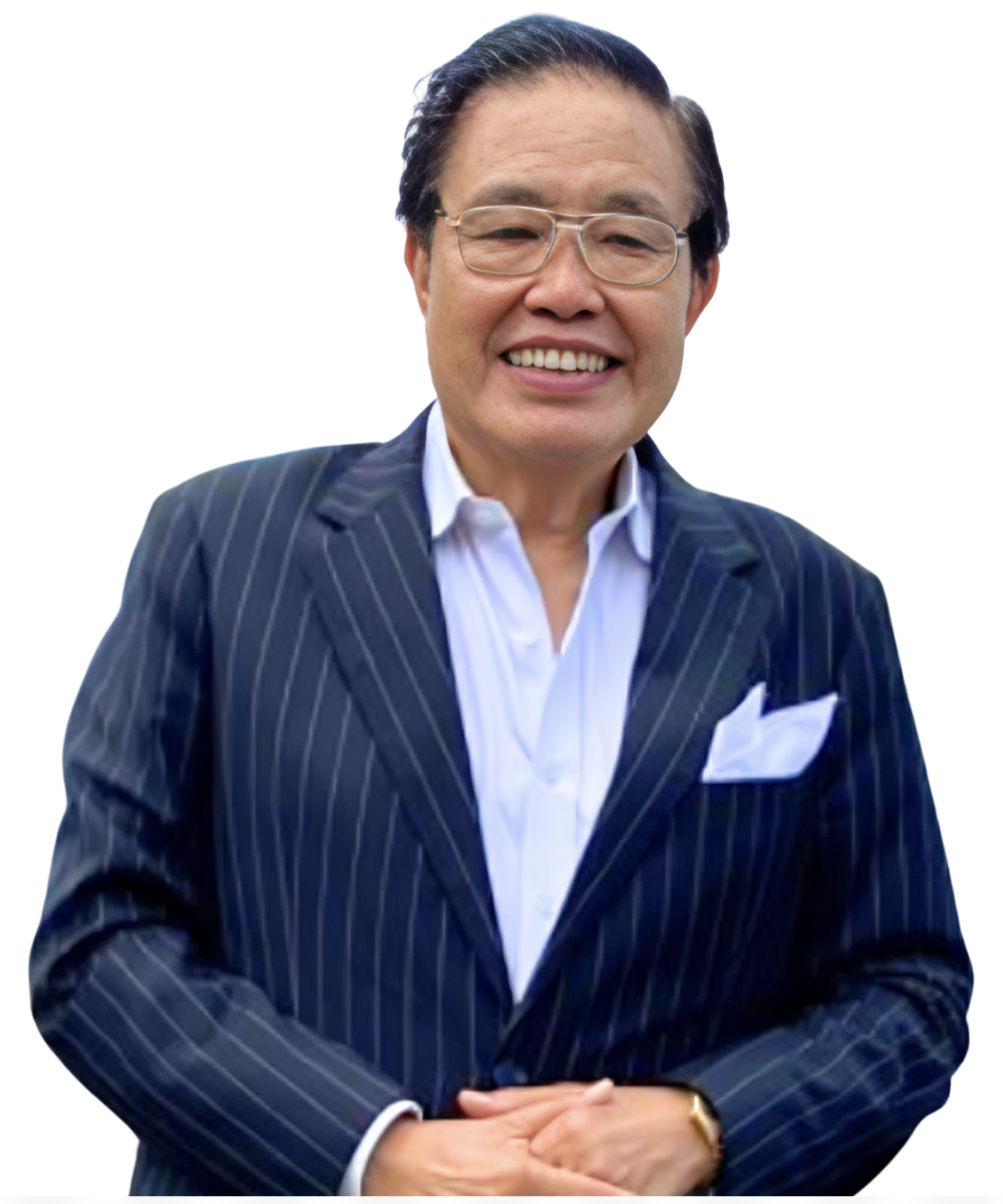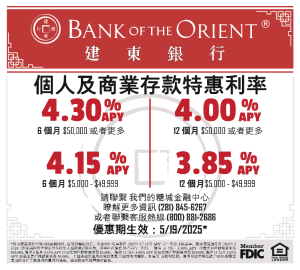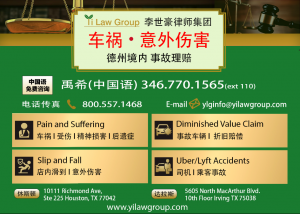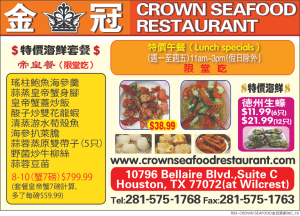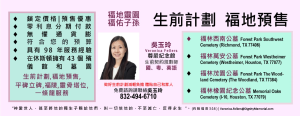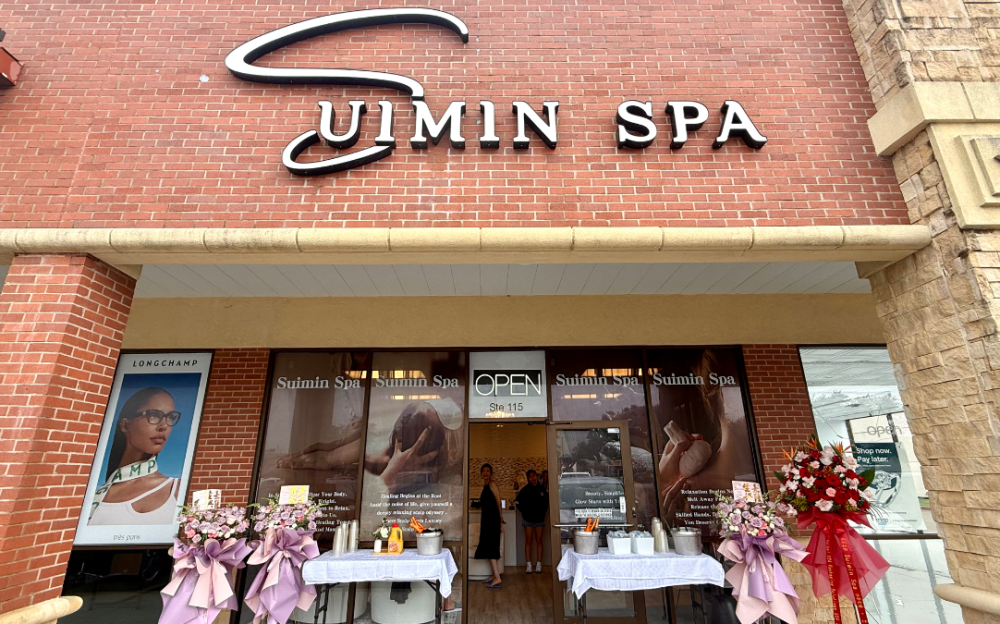台灣網紅館長諍言

The Straight Talk Of Taiwan’s Internet Celebrity “Director”
In Taiwan, public discourse is often polarized. Many voices are silenced by political loyalties or personal interests, while others echo only what their side wishes to hear. Amid this noisy landscape, one figure has broken through with raw candor and fearless critiques: Chen Chih-han, better known to the public as the “Director” (Guǎnzhǎng).
His influence does not come merely from being a fitness entrepreneur or a popular livestreamer, but from his willingness to speak bluntly—saying out loud what many ordinary people whisper in private. His words are rough, sometimes abrasive, yet they often carry the quality of zhèngyán (諍言)—the kind of loyal, but uncomfortable advice that is neither flattering nor evasive, but instead, strikes at the core of the problems.
On politics, Chen takes no sides. He openly lashes out at the failings of those in power, while mocking the ineffectiveness of the opposition. This “criticize whoever is wrong” approach has won him enemies across the spectrum, but it has also earned him respect from citizens weary of endless partisan warfare. In a society dominated by blue-versus-green divisions, his refusal to be bound by color is a rare stance.
On social issues, his voice resonates with the struggles of ordinary people. When crime and safety become pressing concerns, his outrage mirrors that of neighborhood residents. When rising living costs weigh down families, he speaks up for those who feel unheard. His commentary may lack policy sophistication, but it reflects the genuine anxieties of those at the grassroots.
In Taiwan’s chaotic media environment—where trust in traditional outlets has eroded and misinformation spreads online—Chen’s livestreams, though unpolished, feel authentic. His fiery and unfiltered style contrasts sharply with the rehearsed narratives of politicians and broadcasters. For many, that rawness itself is a form of honesty.
The “Director’s straight talk” has become both a phenomenon and a mirror. It reveals the public’s hunger for truth, however uncomfortable. Chen is far from flawless; his temper and controversies are well-known. Yet his willingness to speak without fear of authority embodies a quality increasingly rare in today’s public sphere: courage in candor.
Unpleasant words can be the most loyal. The Director’s voice may be rough, but in an era of noise and spin, it cuts through with a sincerity that is difficult to ignore. It reminds us that in a society drowning in partisanship, the truth—however harsh—remains precious.


